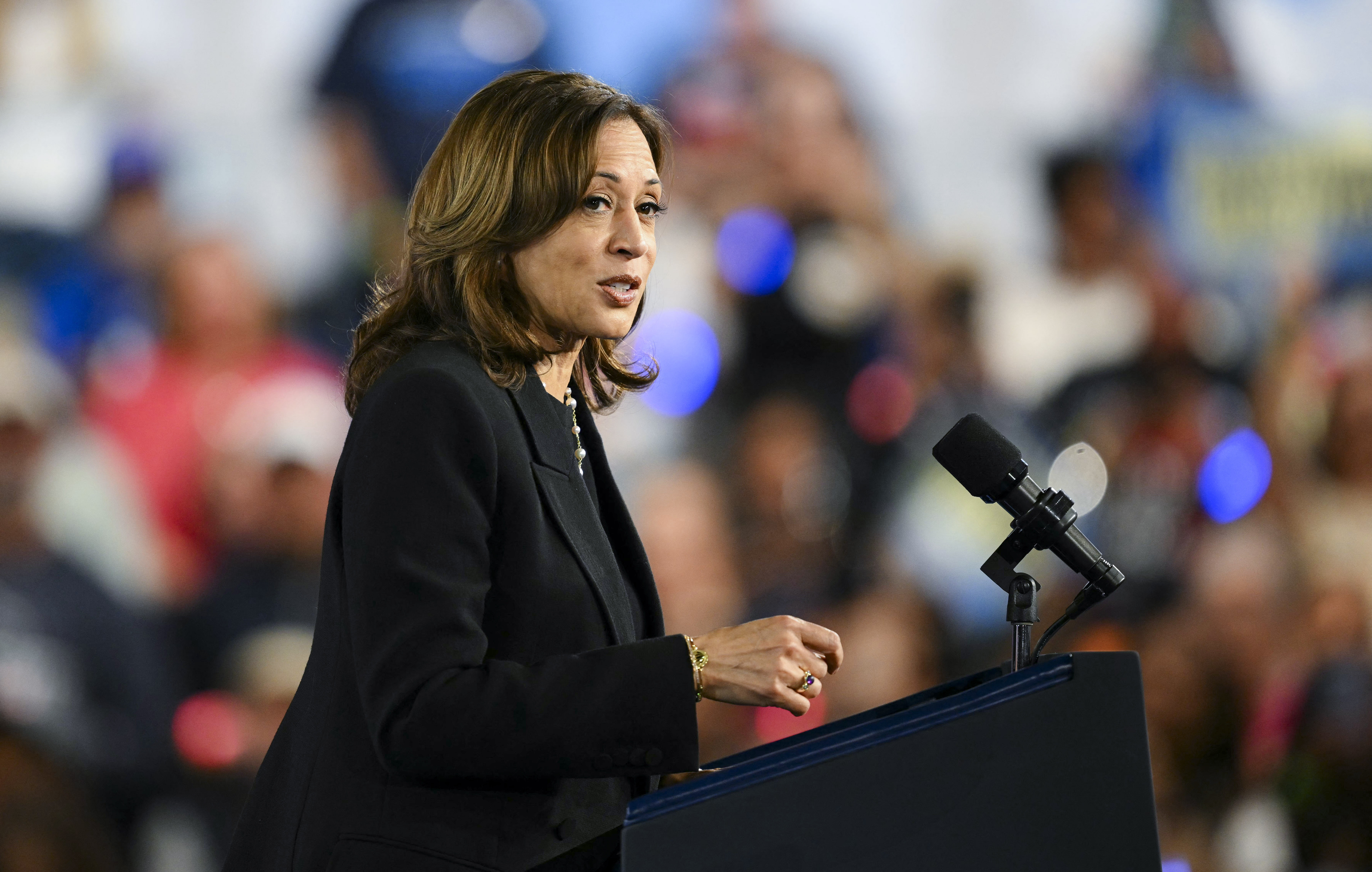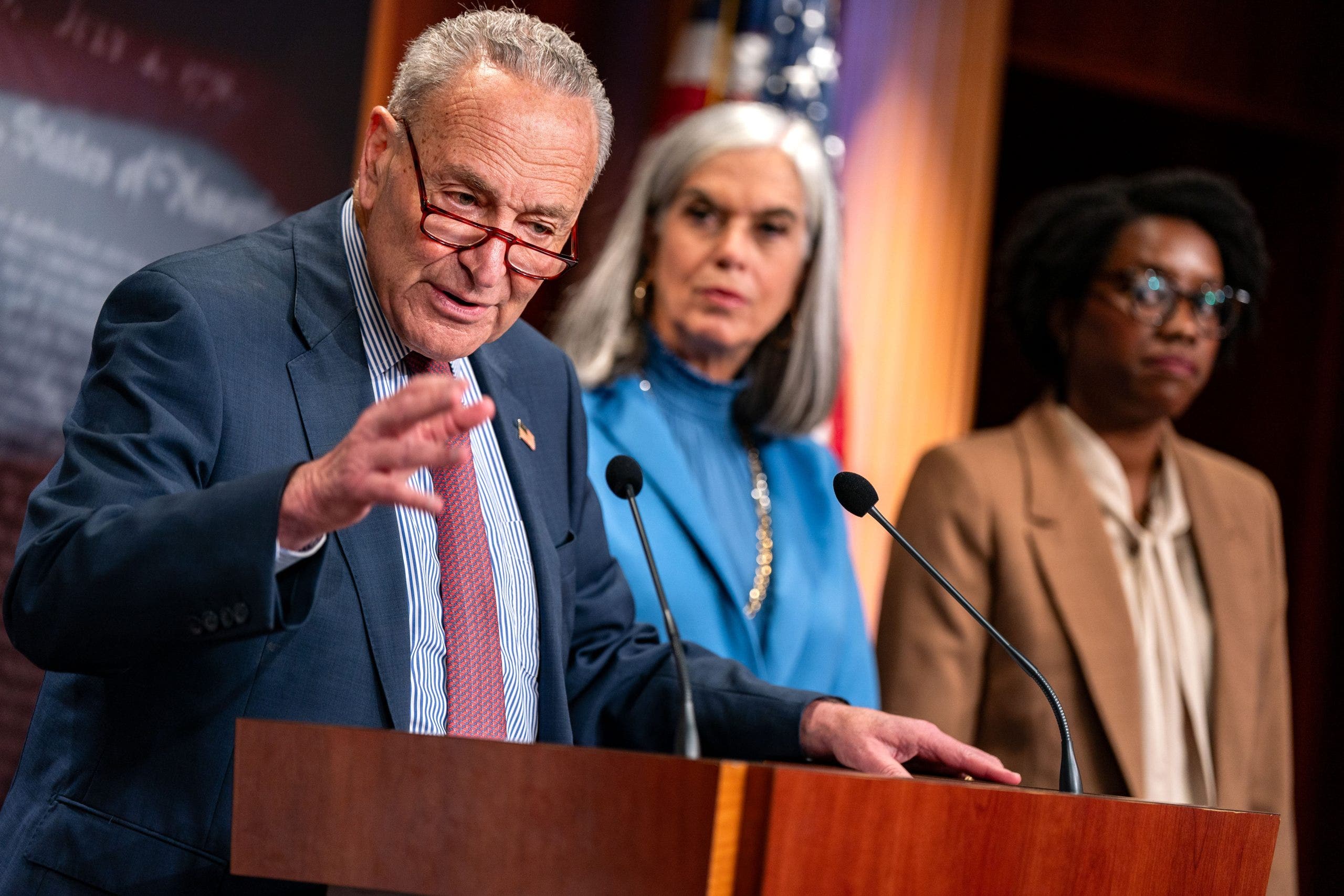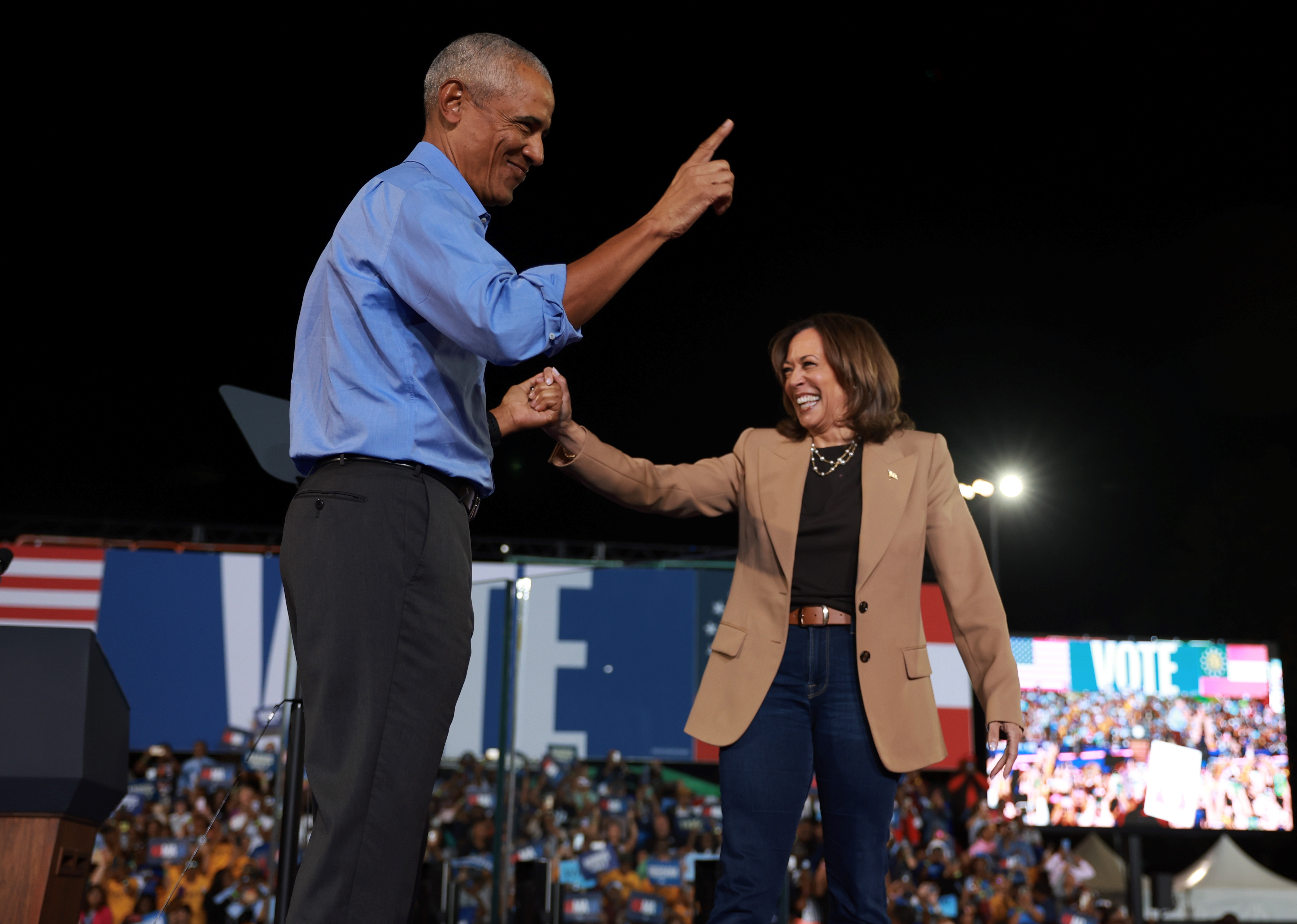Gerard Filitti | Source | Senior Counsel at The Lawfare Project

Gerard Filitti
Gerard Filitti is Senior Counsel at The Lawfare Project, an international non-profit legal think tank and litigation fund based in New York City. A lawyer, political strategist (two presidential campaigns, multiple other candidates and legislative initiatives), geopolitical analyst, and regional expert on the Middle East and Central Asia, he has expertise in public policy, national security law and policy, counterterrorism, international law (including the International Criminal Court), civil and human rights, and economics. As a trial lawyer and commercial litigator with two decades of experience, Gerard has handled a wide variety of cases in state and federal courts, including, in recent years, civil counter-terrorism litigation with an emphasis on money laundering investigations and sanctions violations, and representing victims of hate crimes and international acts of terrorism. He often appears on TV both as a legal expert and political strategist.
-

The Lawfare Project (https://www.thelawfareproject.org)
Senior Counsel
-
Nevada Likely a Critical State for Democrats in This Election: Political Strategist
Former President Donald Trump and Vice President Kamala Harris went West yesterday to campaign in Arizona and Nevada. What’s their message to voters in these states, where more than 20 percent of the electorate identify as Latino? For a closer look, NTD spoke with political strategist and civil rights attorney Gerard Filitti.
Article -
Opponents of antisemitism on campus frustrated by Schumer's failure to move on legislation: 'Stunning'
Opponents of antisemitism have expressed frustration that the Antisemitism Awareness Act still remains in limbo, fearing it could be watered down or amended to the point where it is no longer supported by a bipartisan group of lawmakers.
Article -
Obama ‘Electrifies the Crowd,’ Boosts Harris’s Georgia Rally: Political Strategist
Democratic presidential nominee Vice President Kamala Harris was joined at a campaign event near Atlanta on Thursday evening by former President Barack Obama, as well as entertainers Bruce Springsteen and Samuel L. Jackson. On Thursday afternoon, former President Donald Trump campaigned in Las Vegas with former Republican presidential candidate Vivek Ramaswamy and former-Democratic-candidate-turned-republican, Tulsi Gabbard. […]
Article
-
Supreme Court Ruling Alters Balance of Power, Limits Nationwide Injunctions
Gerard explains that the Supreme Court's decision to limit nationwide injunctions diminishes the judiciary's power to check executive actions swiftly. This ruling, while procedural, marks a significant shift in power dynamics, potentially accelerating the "Imperial Presidency." Policies like ending birthright citizenship may now proceed regionally, creating fragmented enforcement until the Supreme Court intervenes. Courts retain some tools, but rapid intervention may be curtailed. -
Legal Challenges Loom Over Trump's Executive Orders
Gerard highlights the legal system as Trump's main obstacle, with numerous lawsuits challenging his actions. "The sheer volume of anticipated lawsuits will complicate implementation of his agenda," he notes. While Congress may pose minor hurdles, the real test lies in legal battles over issues like birthright citizenship and oil drilling.
-
Our adversaries are likely looking for sensitive data contained in documents filed under seal, which are typically available only to the parties in an action and appropriate court officials. Such documents contain sensitive personal or corporate information — including financial information and trade secrets. Sealed documents can contain a veritable treasure trove of information. This information can be used by foreign competitors to their advantage, or that can be used by foreign powers to target individuals and companies with influence operations.
-
Paradoxically, this term's Supreme Court decisions both expand on and restrict our freedoms. In New York State Rifle & Pistol Association, Inc. v. Bruen and West Virginia v. EPA cases, the Court upheld our rights to be unburdened by excessive regulation limiting our constitutional rights. In Dobbs, we lost the unfettered right of access to abortion. These outcomes are not incongruous. The nature of our system of government requires our legislative bodies to act - both to codify our rights —such as abortion — and to specifically provide for the regulatory authority. For too many years, we have relied upon activist courts, rather than legislation, to delimit our freedoms and our civil rights.
-
The Department of Justice does not undertake hate crime prosecutions lightly. It steps in where a crime is so heinous that it offends the conscience of our society. By taking on the prosecution of Masoud, the federal government is sending the clear and unequivocal message that attacking Jews, for no other reason than being Jewish or holding an Israeli flag, has serious consequences.



